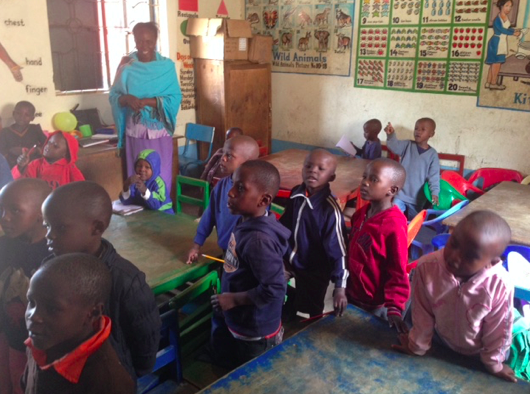By providing a source of clean, safe drinking water to those in need, we can prevent waterborne disease and circumvent the need to treat it. For those without access to doctors and antibiotics, this prevention is literally life saving.
There are generally two types of water available to individuals and families in developing countries: water that is brought to the home from streams, ponds, rivers, wells, or other similar surface water sources, or water that is processed by a municipal water system. Both types of water are generally contaminated and not suitable for human consumption without causing disease or sickness. Each type requires a specific technological intervention to ensure clean water is available. ACI can provide those interventions.
ACI technologies require no electricity and have no moving parts and are constructed principally of local materials to keep costs low; are produced by local crafts people and/or local manufacturing units to create local jobs and businesses; and provide a value added component that distinguishes them from many other technologies.
The ACI model is based on the premise that the projects should be locally managed and as locally driven as possible. We train local experts to build WASH products out of locally sourced materials and help to create locally sustainable small businesses. ACI believes that there should be a local expert available to perform any necessary maintenance and also serve as an easily accessible information resource for the local community. The CDEs are based at rural primary schools – the schools serve as demonstration sites for the ACI technology as well as providing secure storage for the raw materials necessary for construction. The school children and teachers benefit by using the ACI products, while also learning about good WASH practice through ACI school clubs. Local community members are able to visit the school, see the products that are available at first hand, potentially buy the product and also learn about good WASH practice.


 English
English Spanish
Spanish